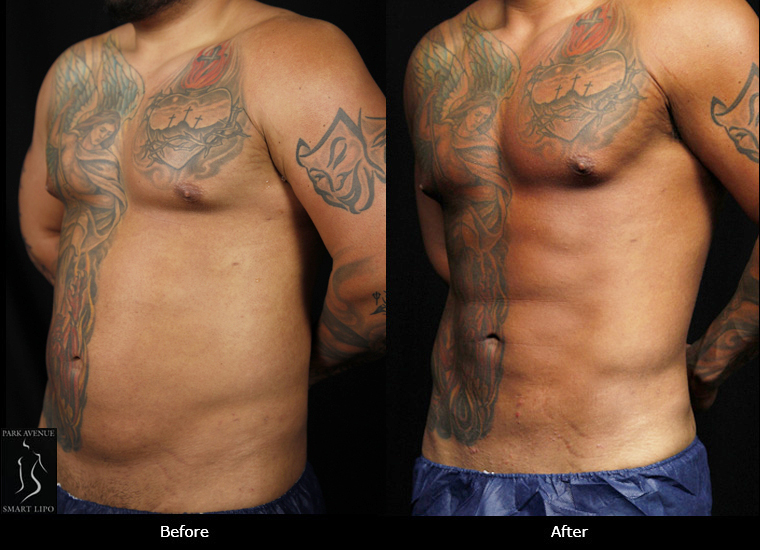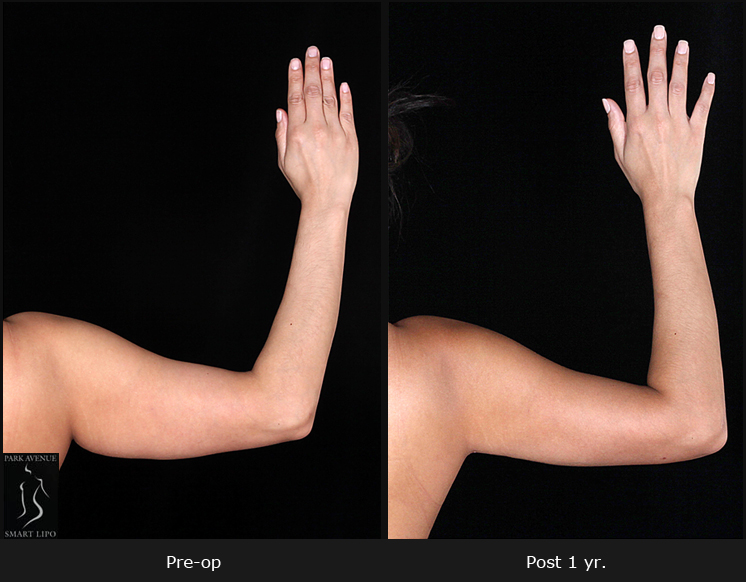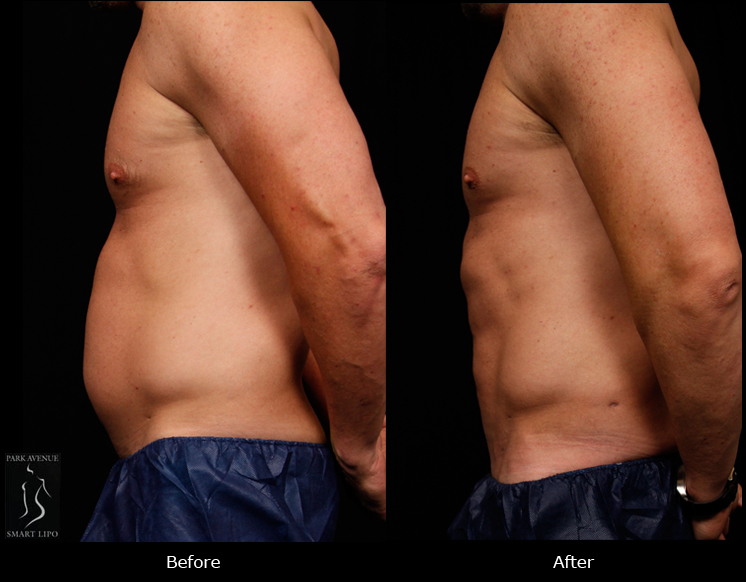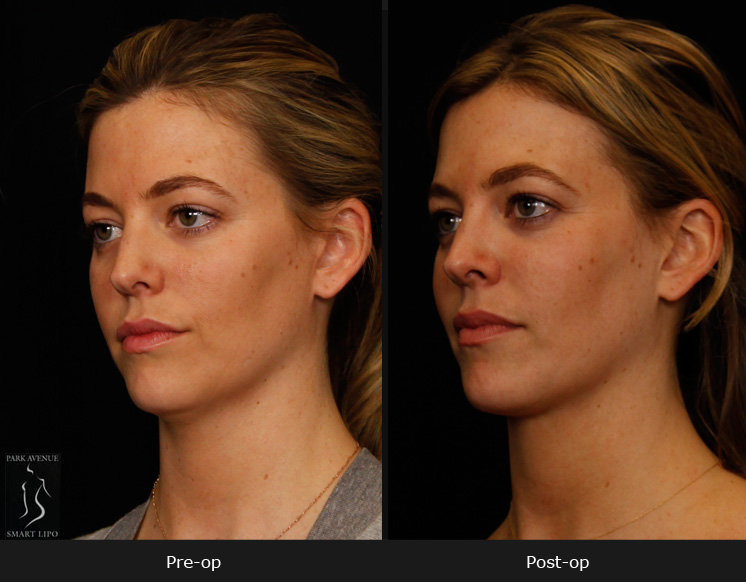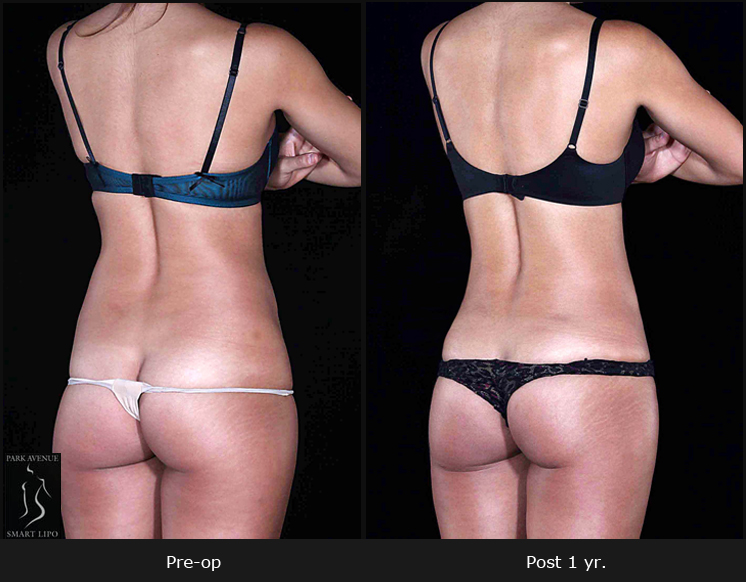Plastic surgery involves side effects. With new surgical techniques and equipment, each person’s experience is unique, but post-op swelling is one thing that every patient can expect. Even minimally-invasive procedures such as laser liposuction involve some swelling. However, the trauma experienced by laser lipo patients would be far less than that experienced by traditional liposuction patients.
Swelling after plastic surgery is common and completely normal unless if left untreated or not taken care of. Excessive swelling can lead to unwanted complications that delay recovery. But why does swelling occur after the surgery? It is because of the trauma incurred by the tissue? An article in NewBeauty cites a surgeon as saying that most general anesthetics cause dilation of the blood vessels, which also cause them to be leaky. This results in increased fluid in the surrounding tissue and leads to swelling.
A procedure that uses local anesthesia has a quicker healing time than a conventional procedure. While the downtime after the procedure can vary from patient to patient, the initial healing period is typically a couple of days. Swelling may last for two to three weeks after the procedure and final results may take 6-12 months. The extent of swelling and bruising varies depending on the procedure and each patient reacts differently. Surgeons give patients relevant instructions on how to handle the recovery period to minimize discomfort such as postoperative bruising and swelling and enjoy the benefits of the treatment at the earliest. Postoperative care that should be taken to avoid harsh swelling and ensure quick healing includes the following:
- Wearing a compression garment throughout the day (except bathing time)
- Eating a low sodium diet and drinking lots of water
- Walking regularly a week after the procedure
- Massaging the hard areas could help reduce swelling
- Limiting activity as overexerting yourself in the first couple of weeks after surgery as overexertion can worsen bruising and swelling and delay healing.
- Quitting smoking few weeks before and after the surgery to minimize risk of post-surgical complications
- Drinking plenty water to flush your system
Swelling can persist for several weeks, though each patient heals at a different rate. You should constantly check for infections and seroma formation. Though post-surgical swelling is part of the normal healing process, you should see your surgeon immediately if swelling or other side effects gets worse. Patients need to have realistic expectations about the outcomes of the procedure and follow the surgeon’s instructions on post-operative care for a smooth and safe recovery.
If you are looking for body contouring procedures like laser liposuction in NYC, find an AAAASF accredited plastic surgery facility that has expert surgeons. Having the procedure performed under experienced and skilled surgeon also matters when it comes to minimizing side effects. Having the right guidance is very important with regard to Smartlipo liposuction as with any other surgical procedure.

